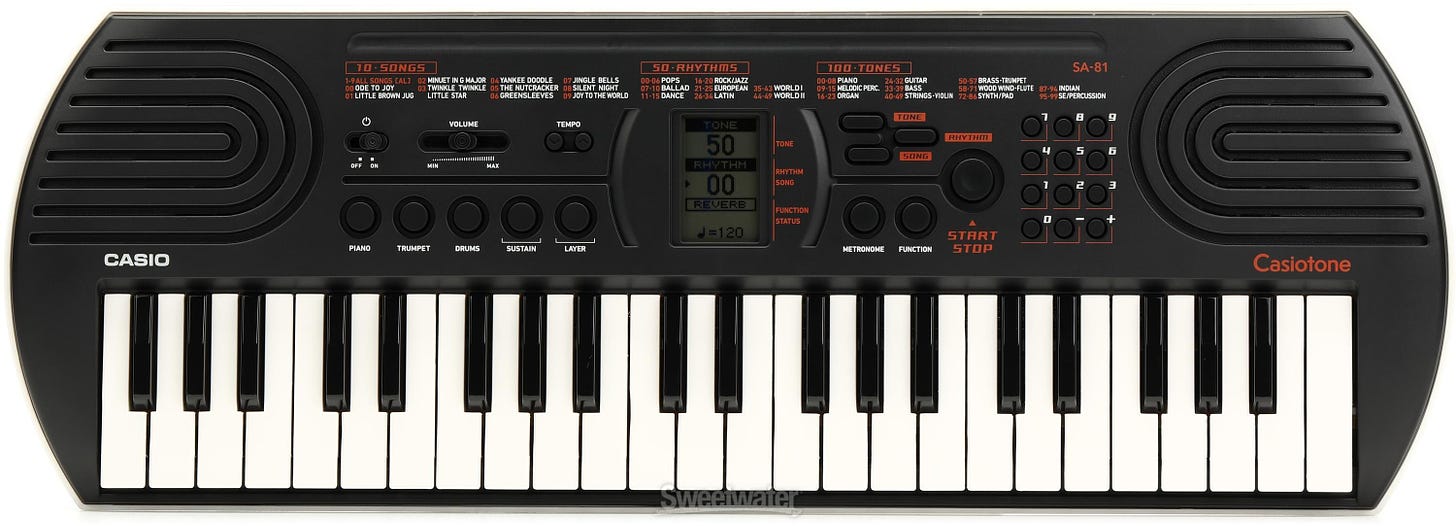Since the days of drum machines and electronic keyboard backgrounds, technologists have searched for ways to make music creation easier, and maybe even accessible to non-musicians. Since a lot of popular music is simple, great strides have been made. But artificial intelligence is a step change event.
Lucas Shaw at Bloomberg reports that the music industry, which was almost destroyed by file sharing two decades ago, wants to be out in front on AI. “Imagine you are an amateur creator uploading a video or a song, and you could sound like Dua Lipa,” writes Shaw. But, of course, you can’t sound like her, because it’s all artifice. Though, bringing that up raises the question — what does Dua Lipa sound like without all high-tech enhancements? Technologies like Auto-Tune have been around since the late 90s and long before that, studio musicians filled out the sounds of bands that would have seemed weak or tinny on their own.
In a world of artifice and synthetic sounds, it’s almost silly to worry that AI will compromise artistic integrity. It also won’t turn amateurs into stars or disrupt the star system. Creative Swifties will want to sound like Taylor, and you need a Taylor to make that happen.
What makes AI different is that the technology draws heavily on what’s already out there. As Shaw says, “Now, assigning credit for AI will require new technology. A user clip with something that sounds like Drake was likely also trained on a bunch of other voices. Do they deserve credit as well?”
A similar issue kept De La Soul off of paid and paying streaming services until March, 2023 as the group had sampled from so many sources that it took enhanced search technologies, and maybe some nascent AI, just to figure out how to pay everybody their fractions of pennies for each stream.
There is not a lot to go around. Per song streamed, Spotify pays artists as little as $0.003. For the big stars, this probably doesn’t matter much. They make their money filling arenas on global tours. But they also aren’t, for the most part, the primary creators of the work associated with them — the AI will glean from all sorts of paid-for-hire professional musicians who make the stars sound great and will now, for no extra compensation, make amateur creators sound (at least) good.
Streaming services like Spotify and Youtube, along with music production companies, are all likely to use this as a promotional tool and they’ll make money. But musicians and composers should take a cue from Hollywood’s writers to demand guardrails and a seat at the table.


